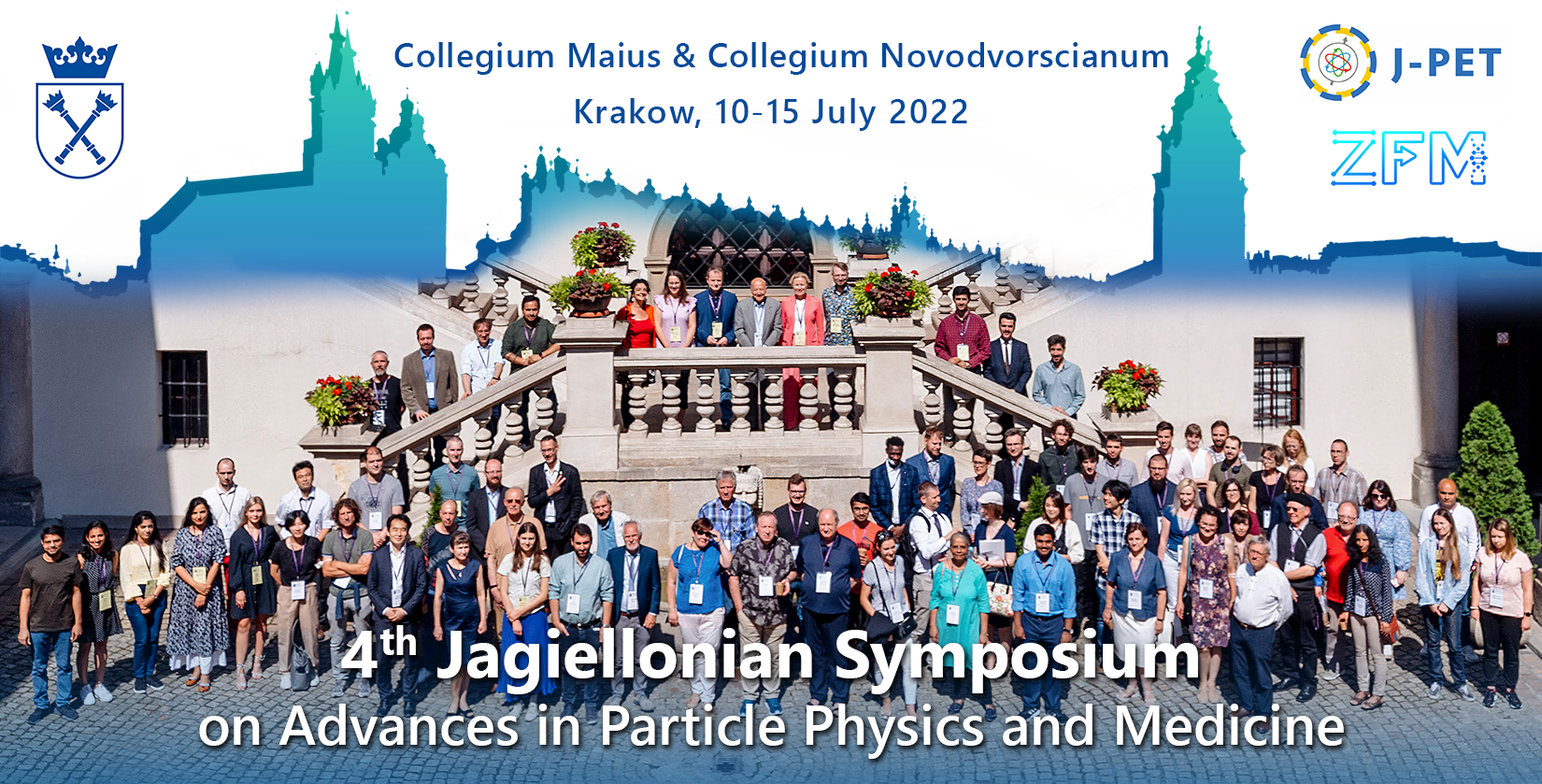Speaker
Description
The Positronium system, a bound state of an electron and a positron, is suitable for testing the predictions of quantum electrodynamics (QED), since its properties can be perturbatively calculated to high accuracy and, unlike the hydrogen system, is not affected by finite size or QCD effects at the current experimental precision level. Experiments searching for invisible decays of the Ps triplet state, the ortho-Positronium (o-Ps), which mainly decays to three photons, are being conducted, since they are sensitive to new physics scenarios, e.g. mirror matter, milli-charged particles, and extra space-time dimensions.
The particular case of Mirror Matter (MM) and its search with the J-PET setup is presented in this talk.
Mirror Matter was originally proposed to restore parity violation in weak interactions, by introducing a new hidden mirror sector where parity is violated in the opposite way. This means that under certain spatial inversion the particles transform into a parity reflected new mirror state. These mirror partners would interact with Standard Model (SM) particles via gravitation, making them suitable candidates for Dark Matter. In the o-Ps system, the photons from the decay would oscillate into their mirror partners, leaving no signal in the detector. By performing a high precision measurement of the o-Ps lifetime, the accuracy of the present QED calculations can be tested and a search for the invisible decays of the o-Ps conducted. A discrepancy with the expectation from theory could indicate the presence of Physics Beyond the SM, i.e. a signal for MM.
The presented search is conducted with the novel total-body Positron-Electron Tomography (PET) scanner at the Jagiellonian University. The J-PET is a large and high precise medical imaging tool, based on plastic scintillators.

